Ron Freer, from Cliftonville in Kent, lost his sight due to malnourishment while being held as a Japanese prisoner of war.
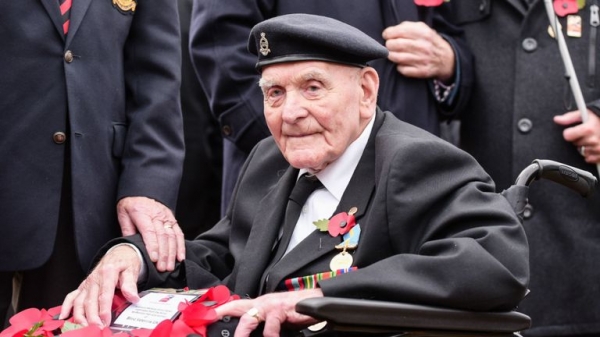
A blind 104-year-old veteran will be the oldest marcher at the Cenotaph on Remembrance Sunday today.
Ron Freer, who served in the Second World War, has said he is “hugely honoured” to be marching in tribute to those who fell in battle.
His father, who died in the First World War and is buried at the Somme in France, is among the fallen.
Mr Freer, from Kent, will be marching on behalf of Blind Veterans UK, who were instrumental in helping him when he returned home blind in 1945.
He lost his sight due to malnourishment while being held as a Japanese prisoner of war for four years.
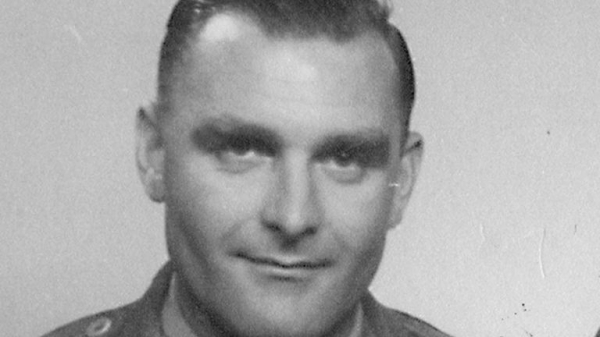
Mr Freer, who is set to march alongside more than 100 other blind veterans, said: “I am hugely honoured to march at the Cenotaph on behalf of Blind Veterans UK.
“It is an extraordinary charity, which makes an unbelievable difference to the lives of veterans like me, and our families too.
“Remembrance Sunday is always very important to me. My father was killed on September 4 1918 and is buried at Dernancourt Communal Cemetery in the Somme, France.”
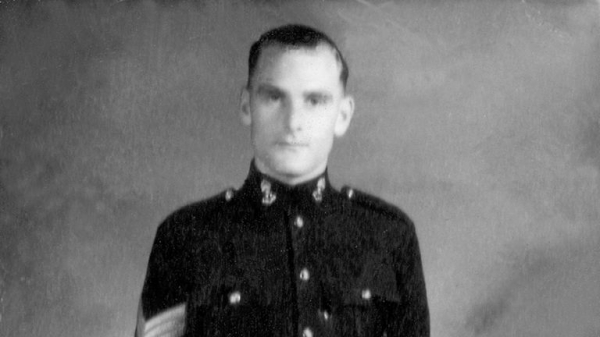

The War Detectives
Frederick Thomas Perkins was 25 when he was killed in northern France during the First World War, hundreds of miles away from his home in the small Essex village of Ford End, near Chelmsford.
Mr Freer joined the Army in 1931 and was posted to Hong Kong to defend the then British colony.
The Japanese attacked Fort Stanley, where Mr Freer was based, in late 1941.
His garrison surrendered against overwhelming odds after 18 days of fighting.
He became a Japanese prisoner of war (PoW) and remained so until the end of the Second World War.
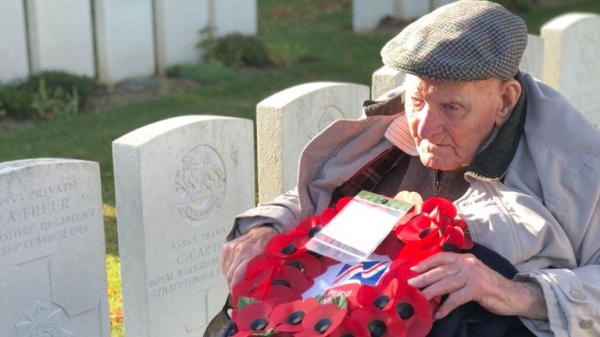
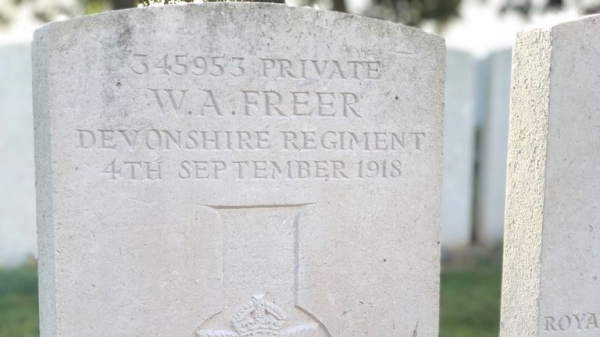
Mr Freer, who ran a post office after the war, said: “The camp was situated on the edge of the harbour with high fences all around.
“The Japanese brought in a bag of rice for each unit but only enough for one meal a day per man.
“We cut an oil drum in half and used the bottom as a boiling pot for the rice.
“Each man was given a scoop of rice but many were unable to eat it and looking at the portion of rice, one could see mice droppings and insects.
“Disease soon broke out resulting in many deaths.”
The group of PoWs were transported on a ship called The Lisbon to Japan in 1943.
It was on this journey that diphtheria broke out among the 2,000 men aboard.
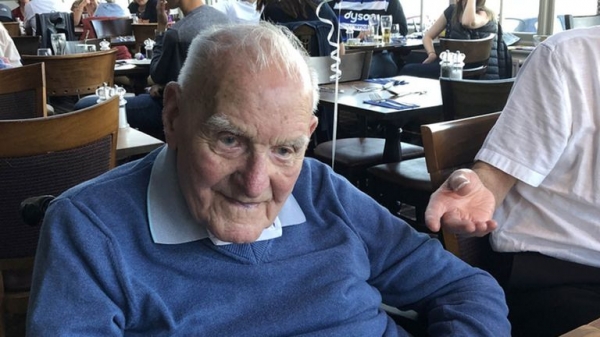
Mr Freer caught the infectious disease and his life was only saved by the actions of two doctors.
He said: “Lying in the hut with all the others suffering, I heard a voice say ‘turn over sergeant’, I was then injected with something and the voice said, ‘you are very lucky’.
“I knew then that it was our medical officer. He later told me that a Japanese civilian doctor had managed to smuggle in six phials of anti-diphtheria toxin so the two of them had saved my life.”
Ron had completely lost his sight and most of his hearing a month later, and spent the remainder of the war in the camp medical hut.
He returned to the UK via the Philippines and New Zealand after the war.
It was then that his journey with Blind Veterans UK, then known as St Dunstan’s, began.
Mr Freer has been supported by the charity since 1946 and has gone on to live a full, happy, independent life.
Next article
Woman killed by flooding named as hundreds are evacuated
